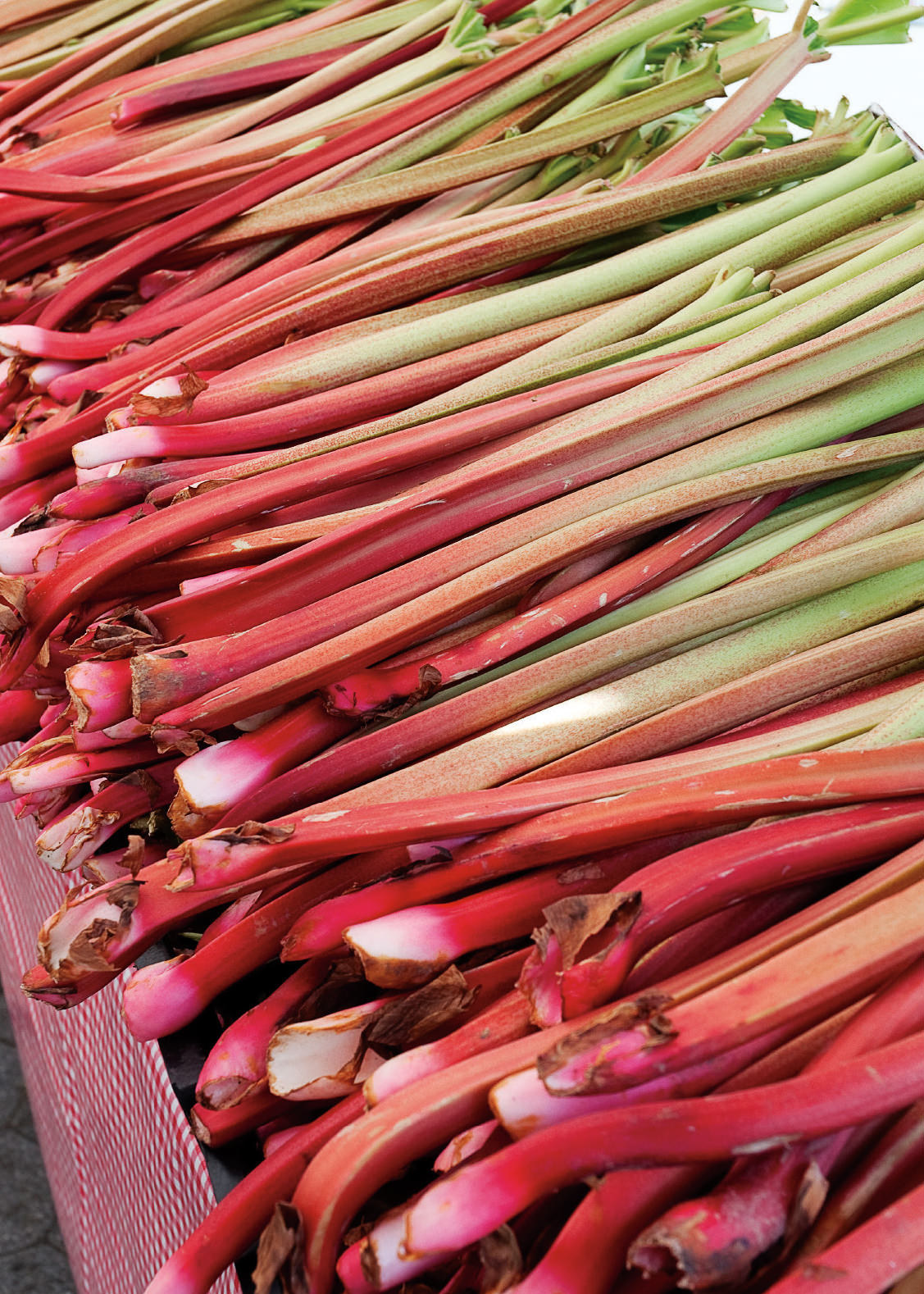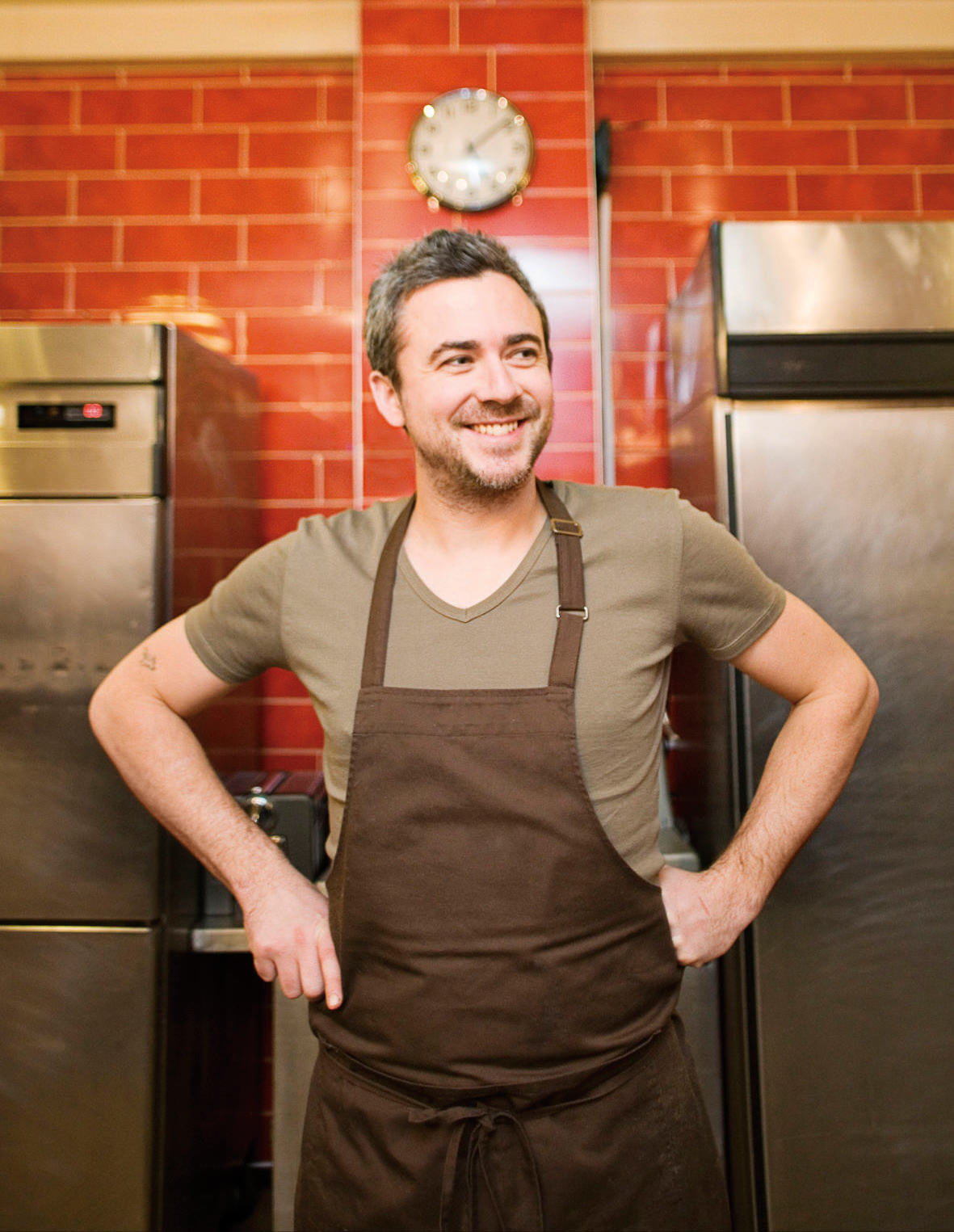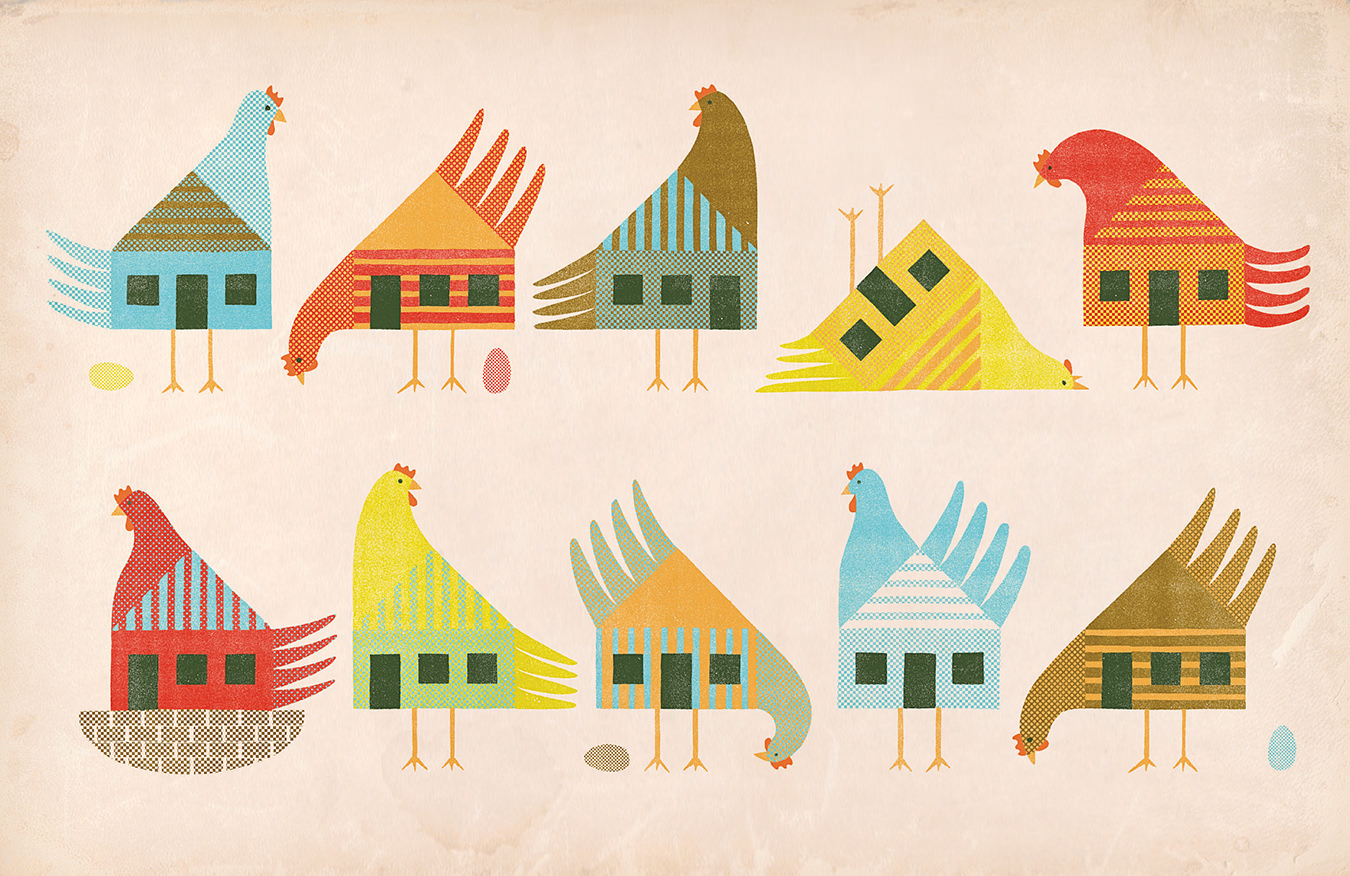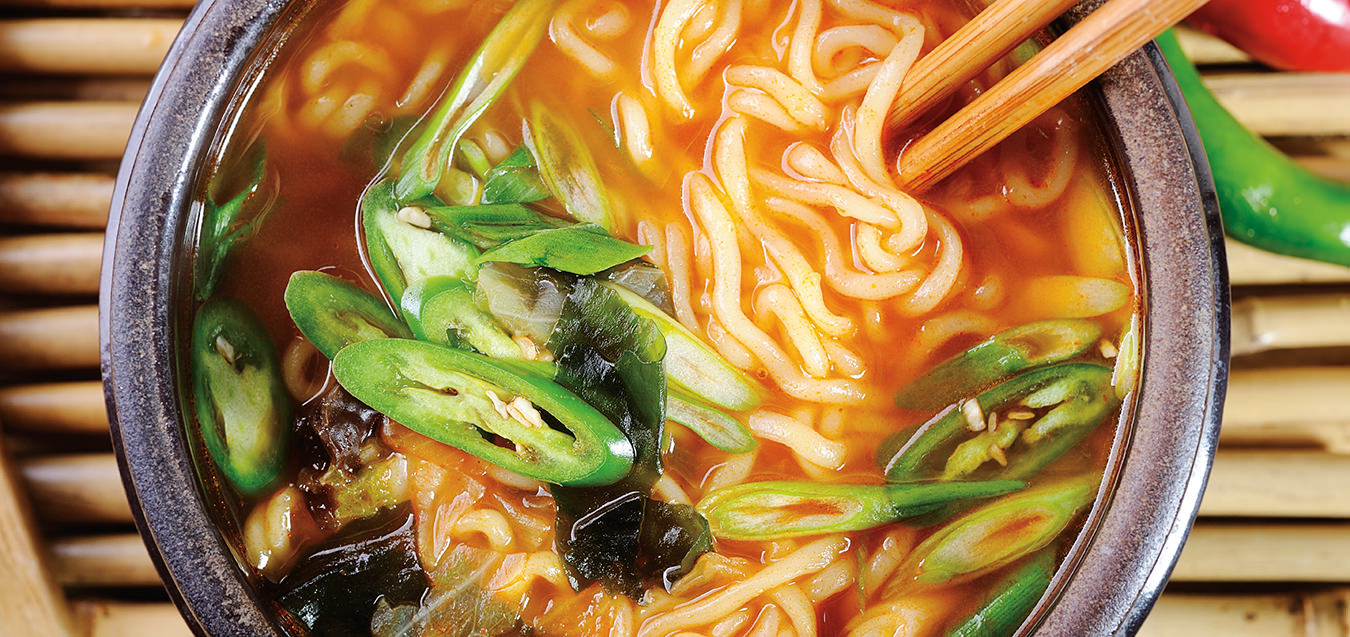Chef Daniel Boulud
The pleasures of fine dining, one plate at a time.
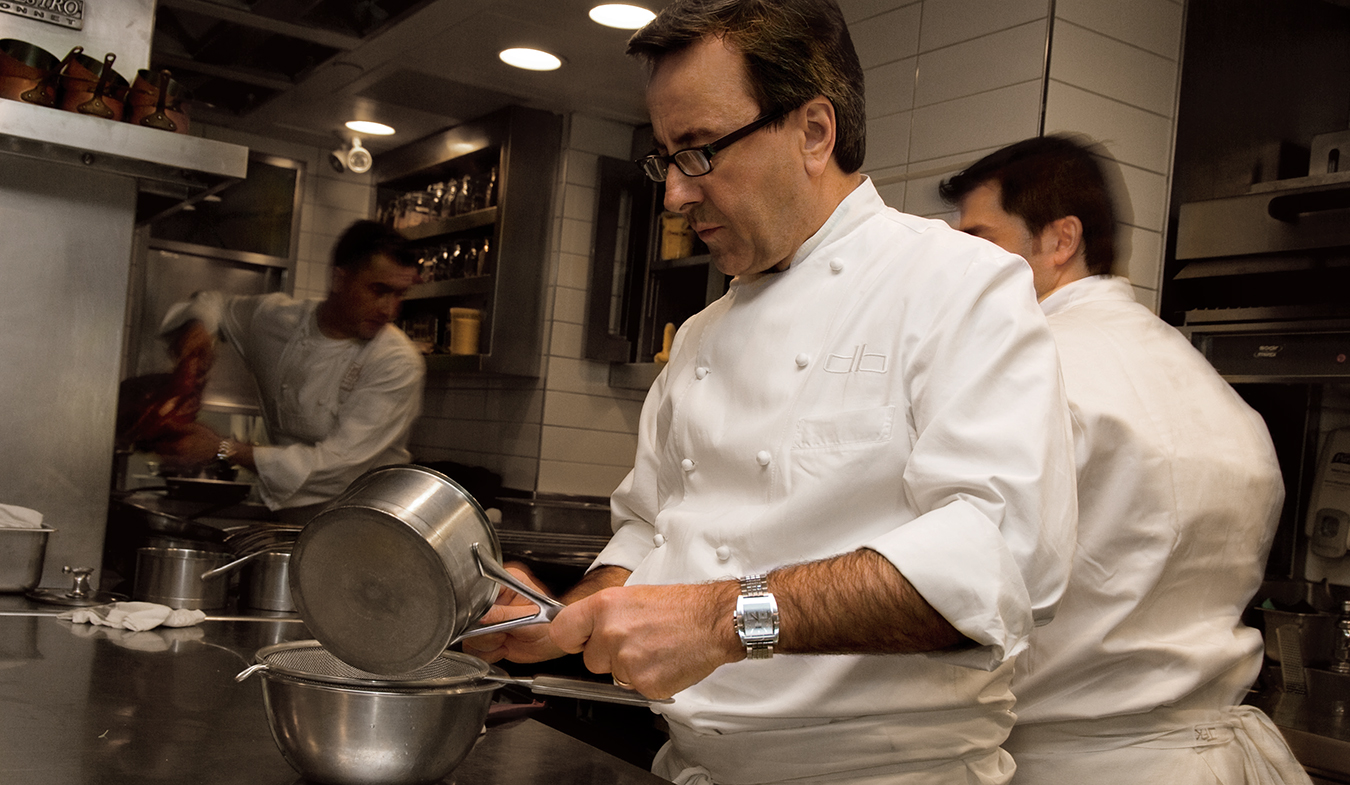
Enter from the sidewalk, pass under the awning at 60 East 65th Street in New York, and you immediately find a world unto itself, distinct from whatever in your life brought you to this sidewalk at this moment. People arrive early, and are seated in a small lounge area, the restaurant proper only a few steps beyond it. Or a party purposely plants itself in the bar area for its first libation and some conviviality, all apparently pleased with themselves for being here. And well they should be. Daniel Boulud’s flagship restaurant, Daniel, was opened to accommodate the positive response—demand, really—for seats at his tables. It is accomplished, elegant, yet somehow very light on its feet, combining the best of haute cuisine with an impeccable sense of hospitality and warmth.
These are the elements that make the restaurants, and the chef, so special. Café Boulud (which was the original Daniel) is still going strong on the Upper East Side. There’s also DB Bistro Moderne, a groundbreaking restaurant that applied the style, technique and mentality of fine dining to an updated version of the classic French bistro; the new Bar Boulud, just across from Lincoln Center; Café Boulud in Palm Beach; Daniel Boulud Brasserie in Las Vegas; Maison Boulud in Beijing; and, his first foray into Canada, in Vancouver, another DB Bistro Moderne, alongside the famous Lumière. Each is its own establishment, aided and abetted by a distinguished group of perfectionists led by the maestro himself.
These are not cookie-cutter restaurants, but places where the executive chefs, the sommeliers, the restaurant managers, in fact everyone on staff is hand-picked by Daniel, whose expectations are simply that each person expect the best of himself. Effort is not effort, but passion for a task well done, a customer well served, and it all flows from there.
This evening, Daniel strides into his eponymous restaurant, black leather jacket not yet replaced by the crisp chef’s whites, head moving from side to side, observing how everything is progressing. He disappears, and conveys a few seconds later through his maître d’ that he will be in his skybox office in five minutes; would a behind-the-scenes tour be of interest? Well then, off we go.
The skybox overlooks the floor of the kitchen, itself a 1,800-square-foot marvel that Daniel can observe and make frequent phone calls to. It is a unique vantage point, and the service lines and stations can all be seen working in their minutiae; any eddies in the flow can be seen clearly, and can be addressed if they don’t correct themselves quickly. To sit with Daniel in the skybox is both a charming experience and an exercise in observation, since he is always aware of what transpires below.
A crate of empty milk containers sits near the foot of the skybox stairs, and the chef moves them to a nearby wall, quietly inquiring as to why they were in the middle of things. It is but one of countless daily examples of how he moves through his professional world. Georgette Farkas is director of public relations for Dinex, the company Daniel established to oversee operations in all of his business ventures. She has worked with him for nearly 14 years now, and observes, “Daniel seems to always be going at a higher speed than everyone else. It is not in his DNA to take it easy. His radar is keen and always on.”
Over an espresso, Daniel explains his guiding philosophy. “I am a traditional chef at heart, and I like to cook traditional dishes. The food we ate when I was young, the recipes my mother had, these are still foremost in my mind. These days, of course, we make changes, evolve the dishes and make them our own.” That, and only the finest, freshest seasonal ingredients, and the same dedication to quality applied to service, preparation and the environment in which the food is served—all at the same high level.
Still, it comes down to the basics. How does it look? How does it taste? On these counts, Daniel is nearly peerless. At Bar Boulud, for example, the menu reflects French rustic cuisine: croque monsieur, croque madame, house-made charcuterie including terrines and pâtés, boudins blanc and noir, and a gateau Basque. All are served in an elegant room, not ornate but judicious, with a keen aesthetic that reflects its physical shape, that of a Bordelaise cave. It is simply a pleasant room to be in. The food is immaculately prepared, and again that trademark Boulud service, attentive and crisp but with personableness at the forefront. In the downstairs kitchen, Sylvain Gasdon, who moved to New York from France to ply his craft, makes those terrines and pâtés the old-fashioned way. He stands over one of his machines, and nods. “This is the way they do it in France,” he says, “the way, basically, it has been done for centuries. It takes a lot of time to make a good terrine.”
Tonight, Daniel is thinking about the possibilities in Canada. “I have been approached a few times over the years, certainly, but nothing ever made sense to me, until now. We have a good model, but each situation, each restaurant is completely different. That is the challenge: to make it just right. We want to be part of the restaurant family of Vancouver. Vancouver, New York City—they are the same in terms of finding the local products and using them, but the two restaurants there in Canada [DB Bistro Moderne and Lumière] will be unique.” The two deciding factors were the Vancouver food scene—itself something of a phenomenon, and at last on the radar of chefs around the world—and David and Manjy Sidoo, proprietors and partners of Lumière and its sister bistro, formerly known as Feenie’s. “David is a man of action, and a man of his word, intrepid and dedicated to his restaurants,” says Daniel. “I know from my own experiences that he must be in it for the love of it, not for the money.”
“A good restaurant has its own soul. We plan the looks for them, hire the staff who make it happen, but each place has to find its own soul.”
With the departure of celebrity chef Rob Feenie, David and Manjy were left with limited options. But as David Sidoo says, “I wasn’t about to simply let the restaurants fall apart and die. We invested in them in the first place because we admired them, dined there often, and because we believe in the Vancouver food culture. We love it. So we decided to ask Daniel if he would come in and help us reinvigorate them, and not let them fade away.”
Now, in his skybox, Daniel smiles and shakes his head. “That kind of passion for it, that kind of dedication—you don’t find that too often. So I am proud to be associated with them.” A pause, another smile. “And David doesn’t really take no for an answer. Not every chef is so lucky to have partners like that. My one and only disappointment is that I cannot cook there every night.” Perhaps not, although he spent a tremendous amount of time in Vancouver in the months leading up to the November opening, getting to know the people who are making Vancouver so vibrant.
He also spent plenty of time in the kitchen with Lumière executive chef Dale MacKay. And Stephane Istel, who has worked extensively with Daniel in New York, is on board as executive chef at DB Bistro Moderne; in fact, key personnel from throughout the entire Dinex group are part of the two teams in Vancouver, but they will both be striving for the same magic that is so apparent in each of Daniel’s other restaurants. “A good restaurant has its own soul,” Daniel says. “We plan the looks for them, hire the staff who will make it happen, but each place has to find its own soul. What is a bistro in France? It is relaxed, good comforting food, aware of the budget and, above all, a nice place to spend time. It is about what people expect from the restaurant. So in Vancouver, there will be some expectations, and we will quietly go about meeting those, and maybe even surprising some people, but it will be done slowly, as we learn to be part of a community.”
The balance struck between fine dining’s formality and the trademark warmth of service in all areas of the restaurant is fundamental to Daniel’s success. In fact, there is very little modulation between any of the approaches to service at his New York restaurants. The differences lie in the number of people on the floor. At the flagship, for example, there are many layers of service: people assigned specific tasks for a particular table, from setting flatware to replacing glasses, from serving food to adding condiments, each doing their part of the whole. Even in a temple of haute cuisine, Daniel finds ways to make the experience downright enjoyable.
Still, no matter how you look at it, the levels of service, the quality of the ingredients, the physical surroundings—everything makes these restaurants among the world’s finest. They each, individually, have found that elusive “soul” Daniel speaks of, but a prodigious amount of planning, preparation and execution goes into that. Nothing, really, is left to chance in terms of how the experience unfolds. The interesting variable is always the customers, which affects the manner in which staff interact with them, and how a person’s needs and expectations for the evening are fulfilled by the staff. That is the delicate balance that must be sustained.
On any particular evening, there will be VIP clients in Daniel, along with regulars, tourists, those celebrating a special occasion, and the list goes on. A certain rock star and his supermodel wife are at one table, a family celebrating the eldest daughter’s 21st birthday are at the next table and an older couple on a decidedly romantic evening out are seated on the other side. What is most striking is how uniformly smooth the interactions are; there’s no preferential treatment, just simply the treatment each table calls for. And when the star chef makes his way around the room, there’s no playing favourites. He may linger a little longer to discuss how he recalls turning 21, but that is about it. And Daniel manifestly and genuinely enjoys this part of the evening.
So here at Daniel, what precisely does the term “fine food” mean? First, amuse bouches: not one but five of them, including sea urchin, a foie gras terrine, and scallops and octopus presented on a three-tiered platter in the manner of the iced seafood services in Champagne, each flavour clearly articulated, pristine. Then a trio of asparagus, white from Provence, and not a mere whimsy of a lifestyle statement, but a rich, profound expression of the earth’s generosity; an asparagus velouté; and an egg, mustard and asparagus combination that gilds the lily. All with Château de la Nerthe white, and a Grand Cru Meursault, to compare and contrast the earth tones in the food. Simply, inexpressibly marvellous.
Wild-mushroom gnocchi, split fava beans and, luxuriating on the plate, Louisiana crayfish. The Meursault comes into its own here. As the service dance unfolds on the floor, patrons loving every moment, a silver tray is presented, upon it a tiny pyramid of shaved ice, and upon that a complete, fresh nettlefish, not more, surely, than five hours out of the water. It is an act of respect for the food we are about to receive. A few minutes later it reappears, needle nose and articulated tail intact, the flesh wrapped around compote of heirloom tomatoes, carrots and, amazingly, braised tripe, coming together in a unique, fulsome and wonderful dish.
Later, at the bar, the sommeliers and some of the chefs are convening, discussing the evening. Daniel is sitting with a few guests, among them his new business partners from Vancouver. The chef agrees to a small glass of Burgundy, saying, “Only a little—we are meeting later tonight.” It is, in fact, 11:45 in the evening. But Daniel and the chefs from here, plus Café Boulud, Bar Boulud and DB Bistro Moderne, are all meeting at a favourite venue in less than 30 minutes to discuss the state of affairs, something that is done every two weeks.
It is an astounding testament to the dedication these people apply to their profession. It is also a testament to the dedication Daniel himself has, to his colleagues, to his customers, and in the end to his own sense of what serving good food to people is all about. And so he comes to Canada, wanting to win people over. But not by reputation—he wants to win them over one plate at a time.

